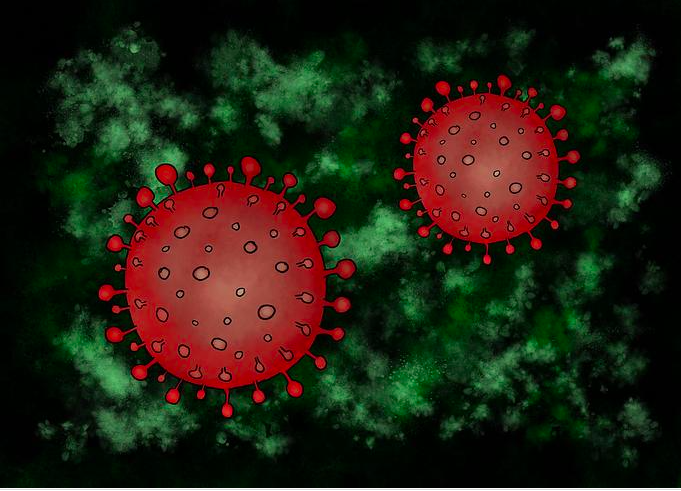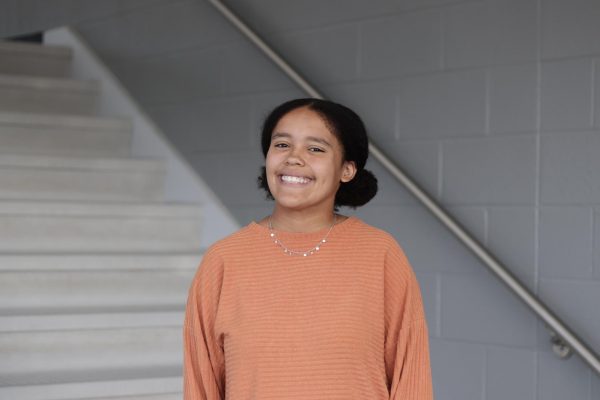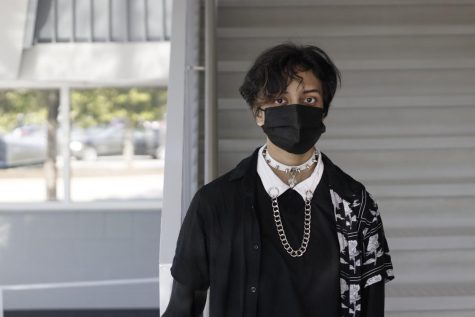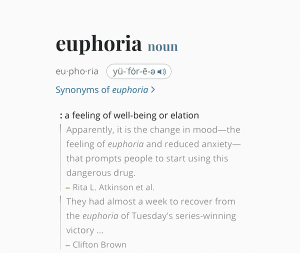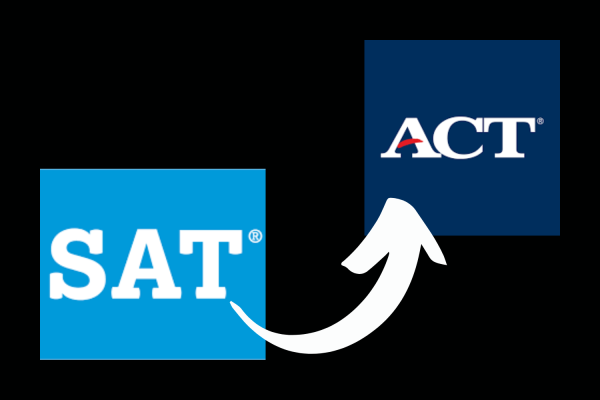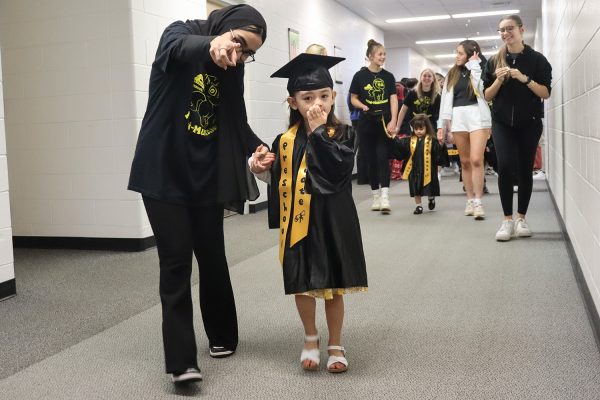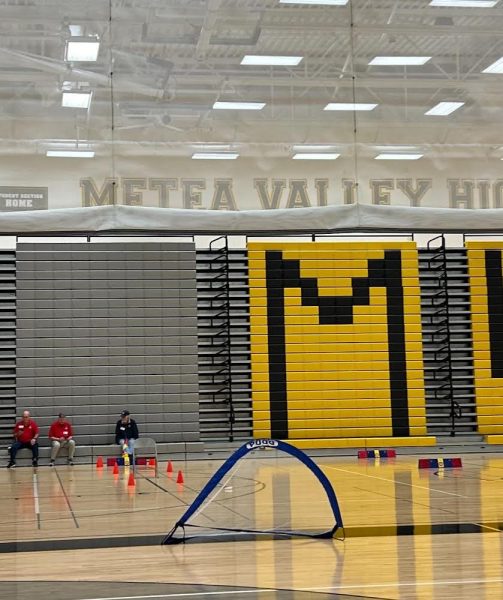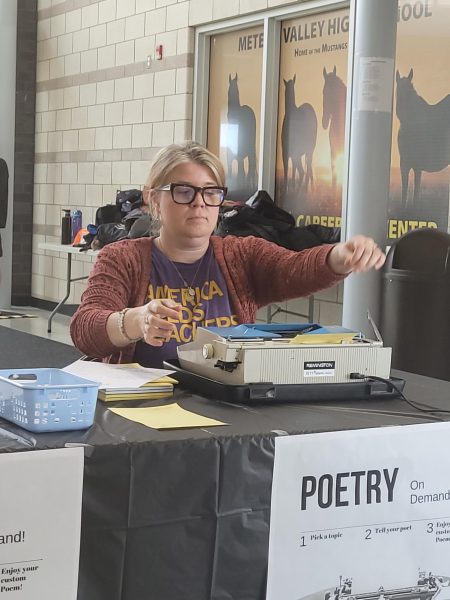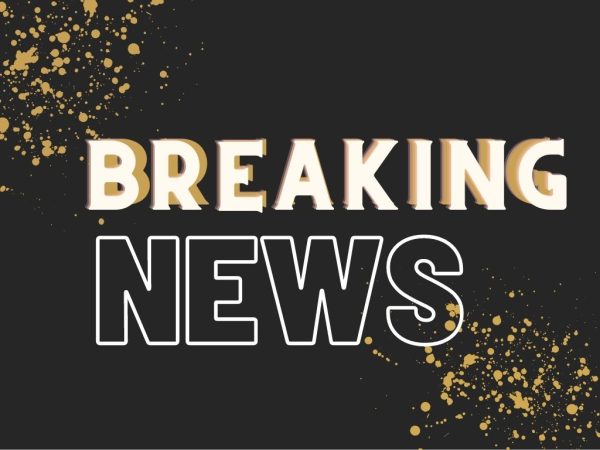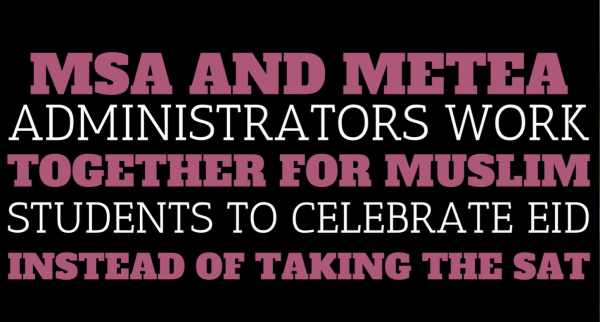Developments Have Been Made in the Fight Against COVID-19
October 7, 2022
In a 60-minute interview on Sep. 18, President Joe Biden made an unanticipated announcement on the status of COVID-19, declaring the pandemic over. Although the President acknowledged the continual presence of COVID-19, he reported that the U.S is no longer under the status of a pandemic. This leaves a fraction of Americans unclear on future health protocols.
“We still have a problem with COVID, ” Biden said in his interview. “We are still doing a lot of work on it. But the pandemic is over. If you notice, no one is wearing masks. Everybody seems to be in pretty good shape, and so I think it is changing.”
According to the DuPage County Health Department, DuPage County reported a low transmission rate. As of Sep. 28, the county has faced 269,219 confirmed cases along with 1,913 recorded deaths so far. While COVID cases remain a struggle for DuPage county, junior Ani Apresyan has noticed considerable progress at the school level.
“We have seen less fighting this year and I think that is a result of things slowly going back to normal,” she said.
District 204 has created a COVID-19 Dashboard/Information that is updated weekly to inform students and parents of precautions, protocols, and weekly confirmed cases district-wide. Although transmission rates are low as analyzed above, the total number of confirmed cases for this week has added up to about 773, creating some conflicting opinions among students and teachers.
IPSD has not released any plans to alter the COVID-19 protocols in place and is currently under the mask-recommended classification for the 2022-2033 school year. Yet, the district shared information about a vaccine clinic, which occurred on Oct. 1 and Oct. 2. The clinic provided doses of the bivalent Covid-19 booster, also referred to as the updated booster or omicron booster, to applicable students.
Approved by the FDA on Aug. 31, 2022, the updated booster is tailored to fight the Omicron variant of COVID-19 through the addition of Omicron elements into the initial strain. A dose of the updated booster can only be administered at least two months after a previous vaccine or booster shot. Age qualifications are present as well, with the Pfizer dose being approved for ages 12 and up only, and the Moderna approved for ages 18 and older. Dr. Walensky, Director of the CDC, encouraged eligible recipients to receive the updated booster in a media release.
“[The booster] can help restore protection that has waned since previous vaccination and [was] designed to provide broader protection against newer variants. This recommendation followed a comprehensive scientific evaluation and robust scientific discussion,” she said.

